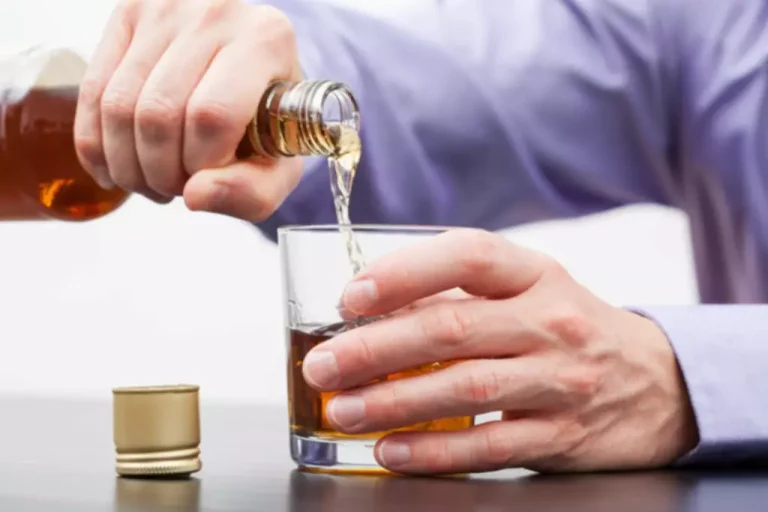Cognitive Behavioral Therapy For Addiction Treatment

Our writers and reviewers are experienced professionals in medicine, addiction treatment, and healthcare. AddictionResource fact-checks all the information before publishing and uses only credible and trusted sources when citing any medical data. The Verified badge on our articles is a trusted sign of the most comprehensive scientifically-based medical content.If you have any concern that our content is inaccurate or it should be updated, please let our team know at [email protected]. Evidence from multiple studies also proves that CBT for addiction is an effective treatment. It includes many interventions that can be carried out both in group and individual settings.
Dissemination of CBT for SUDs
In conclusion, this meta-analysis shows CBT efficacy, in contrast to no or minimal treatment, was moderate and durable over follow-up. Consistent with a number of evidence-based addictions therapies, CBT effect sizes were small to non-significant in contrast to non-specific and specific therapies, respectively. The majority of derived effects were homogeneous, suggesting that the selected subgroup variables (i.e., contrast type, outcome type, and follow-up time point) were informative modifiers of CBT effects5.
Relaxation techniques
These are presented repeatedly without the previously learned pattern of drinking so as to lead to extinction. Despite work on cue reactivity, there is limited empirical support for the efficacy of cue exposure in recent literature14. The first step in planning a cognitive behavioural treatment program is to carry out a functional analysis to identify maintaining antecedents and set treatments targets, select interventions.
- The first concerns fidelity and other sources of variability in what comprised the sample of CBT interventions.
- An individual progresses through various stages of changes and the movement is influenced by several factors.
- For example, among individuals with low levels of literacy, the use of written homework forms may need to be replaced by alternative means of monitoring home practice (e.g., using simplified forms or having the patient call to leave a phone message regarding completion of an assignment).
- CBT therapy is widely available as part of inpatient, outpatient, individual, and group therapy programs.
- Three and six-month follow-up indicated significant reductions in drinking outcomes, but no significant differences between conditions (PDA at 3 months follow up was 73.3 for OA+SR compared with 71.2 for SR only).
- Technology may provide a means for CBT interventions to circumvent the ‘implementation cliff’ in Stages 3–5 by offering a flexible, low-cost, standardized means of disseminating CBT in a range of novel settings and populations.
Benefits of Cognitive Behavioral Therapy for Drug and Alcohol Addiction Recovery

Social skills training (SST) incorporates a wide variety of interpersonal dimensions15. Cue exposure is another behavioural technique based on the classical conditioning cognitive behavioral therapy theory and theories of cue reactivity and extinction12,13. The technique involves exposure to a hierarchy of cues, which signal craving and subsequently substance use.
Cognitive dissonance (conflict and guilt) and personal attribution effect (blaming self as cause for relapse). Individuals who experience an intense AVE go through a motivation crisis that affects their commitment to abstinence goals30,31. Relapse is a process in which a newly abstinent patient experiences a sense of perceived control over his/her behaviour up to a point at which there is a high risk situation https://ecosoberhouse.com/ and for which the person may not have adequate skills or a sense of self-efficacy. Self- efficacy increases and the probability of relapsing decreases when one is able to cope with this situation31. According to the National Institute on Drug Abuse (NIDA), the relapse rates for addiction are estimated to be between 40 to 60 percent, which highlights the formidable challenge of maintaining sobriety.
- This article provides a review of the evidence supporting the use of CBT, clinical elements of its application, novel treatment strategies for improving treatment response, and dissemination efforts.
- The exercises help the addict in understanding why they experience certain feelings or behave in a particular way.
- Theoretical constructs such as self-efficacy, appraisal, outcome expectancies related to addictions arising out these models have impacted treatment models considerably.
- The study of effectiveness of motivational enhancement strategies has yielded mixed results.
- Cognitive behavioral therapy (CBT) is an umbrella term for a set of scientifically proven psychological treatments that are effective for many mental health disorders.
Cognitive behavioral therapy (CBT) is a psychotherapy approach that can be used to help treat substance use disorders. CBT is commonly used to treat depression, anxiety disorders, phobias, and other mental disorders, but it has also been shown to be valuable in treating alcoholism and drug addiction. Through the use of problem-solving exercises and the development of a repertoire for emotion regulation, the patient can begin to both determine and utilize non-drug use alternatives to distress. Strategies for coping with negative affect, such as using social supports, engaging in pleasurable activities, and exercise can be introduced and rehearsed in the session. The development of pleasurable sober activities is of particular importance given the amount of time and energy that is often taken for substance use activities (i.e., obtaining, using, and feeling the effects of substances).
- Also, increased self-efficacy has been found to mediate the relationship between drink refusal training (a specific ingredient of CBT) and drinking outcomes (Witkiewitz, Donovan, & Hartzler, 2012).
- Learn more about the opportunities available to you or your loved one and contact a treatment provider today.
- Cognitive behavioral therapy techniques include relaxation exercises, being more assertive, improving insight, modifying thinking patterns, and monitoring and correcting negative behaviors.



